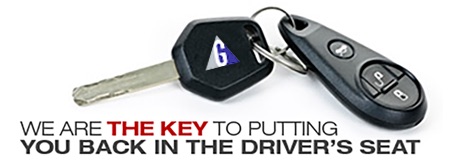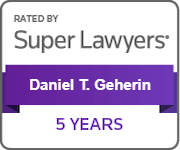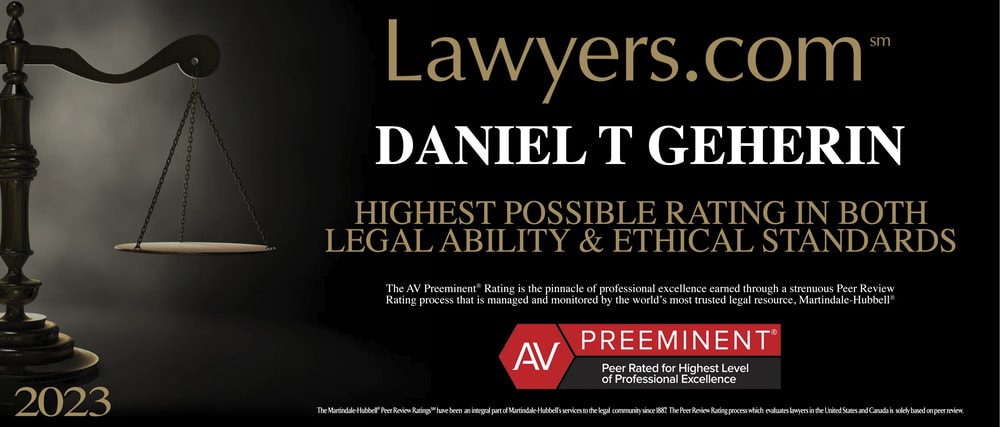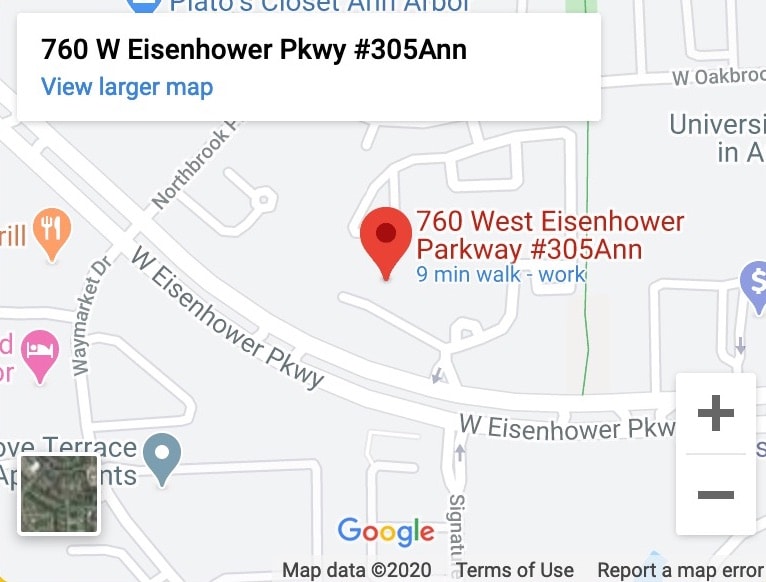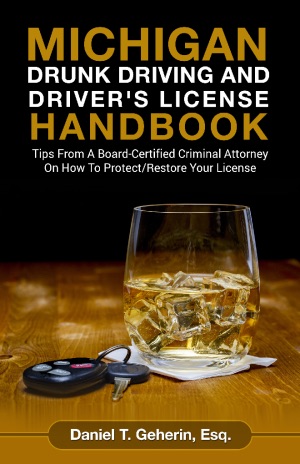The Consequences of Driving Without a Valid License in Michigan

Driving without a valid in Michigan carries real legal risks, including criminal penalties, administrative sanctions, and long-term complications. Whether your license was suspended, revoked, or you never obtained one, the consequences can be serious. Understanding those consequences is crucial if you ever find yourself in that situation, and will also help you navigate the path to driver’s license restoration in Michigan.
Penalties for Driving Without a Valid License
First Offense (DWLS / DWLR)
For a first conviction of driving while your license is suspended or revoked:
- Jail: up to 93 days
- Fine: Up to $500
- Misdemeanor classification (not just a civil infraction)
- Possible addition of points on your driving record
Because DWLS / DWLR is a misdemeanor offense, it becomes part of your criminal record and is not expungable under Michigan law.
Second and Subsequent Offenses
If you repeat the offense, enhancements apply:
- Jail: up to 1 year
- Fine: up to $1,000
- Additional court costs, fees, and potential doubling of the original suspension or revocation period
- In some cases, vehicle immobilization or impoundment (for certain durations) may be ordered.
- Your license reinstatement period might be extended (e.g. doubled)
Driving Without Ever Having a License (No Operator’s License)
If someone drives and has never been issued a license, Michigan law (e.g. MCL 257.904a) provides:
- Up to 90 days in jail
- Fines in the range of $50 to $100 for a first offense
- On a second offense, the statute allows for similar misdemeanor penalties (imprisonment up to 90 days and up to $100 fine)
The Path to Getting Back on the Road: Driver’s License Restoration in Michigan
Given the serious consequences of driving without a valid license, many individuals eventually seek to restore their driving privileges. This is where driver’s license restoration in Michigan comes into play.
Restoration vs. Reinstatement
It’s important to distinguish between reinstatement and restoration:
- Reinstatement typically refers to regaining a license after a suspension period ends, satisfying fines, and paying a reinstatement fee.
- Restoration usually refers to more formal appeals, often required when a license has been revoked (particularly due to multiple DUI / OWI incidents) and cannot be regained simply by waiting and paying fees.
Steps and Requirements to Restoration
The Michigan Secretary of State outlines the process for restoring a revoked or denied license via hearings and administrative appeals. Steps often include the following:
- Requesting a Hearing / Appeal
- Submit a Request for Hearing form (Form SOS-257) to the Office of Hearings and Administrative Oversight (OHAO) or its predecessor.
- The hearing officer reviews your submitted evidence, may question your history, and considers eligibility.
- Assembling Required Evidence / Documentation
- A current driving record to show your license history.
- Substance abuse evaluation and, if required, a 12-panel drug screen.
- Proof of rehabilitation / sober living history (if applicable) to satisfy hearing officer.
- Letters of support, personal statements, evidence of compliance with court obligations, etc.
- Meeting the “Clear and Convincing Evidence” Standard
In license restoration appeals, the applicant bears the burden of proving, by clear and convincing evidence, that they’re suitable to drive again, especially in cases involving prior DUI / substance abuse issues. - Paying Reinstatement / Restoration Fees & Resolving Financial Obligations
- A base reinstatement fee in Michigan is $125 for many standard suspensions.
- All outstanding fines, court judgments, and fees must be satisfied before licensing is granted.
- Approval or Denial / Appeal of Decision
- If the hearing officer approves your appeal, you may return to an SOS branch to complete the license issuance.
- If denied, you can appeal to the Michigan Circuit Court (typically within 63 days) unless good cause justifies extension.
- Post-Approval Terms / Conditions
- In certain cases involving DUI, you may be required to install an ignition interlock device (BAIID) on all vehicles for a specified period.
- Compliance monitoring (e.g. periodic testing or reports) may be required.
Take the First Step Toward License Restoration
Driving without a valid license in Michigan — whether due to suspension, revocation, or never having had a license — carries serious legal ramifications: jail time, monetary fines, a permanent criminal record, and collateral consequences like vehicle impoundment or extended license bans. The path to regaining your driving privilege is rigorous and demands careful preparation, adherence to strict evidentiary standards, and, in many cases, professional legal help.
If you're facing a suspension or revocation or exploring driver’s license restoration in Michigan, it’s vital to act promptly, gather compelling documentation, and follow the administrative and legal processes with care. Contact us today to get started on building the strongest possible case for getting back on the road!

